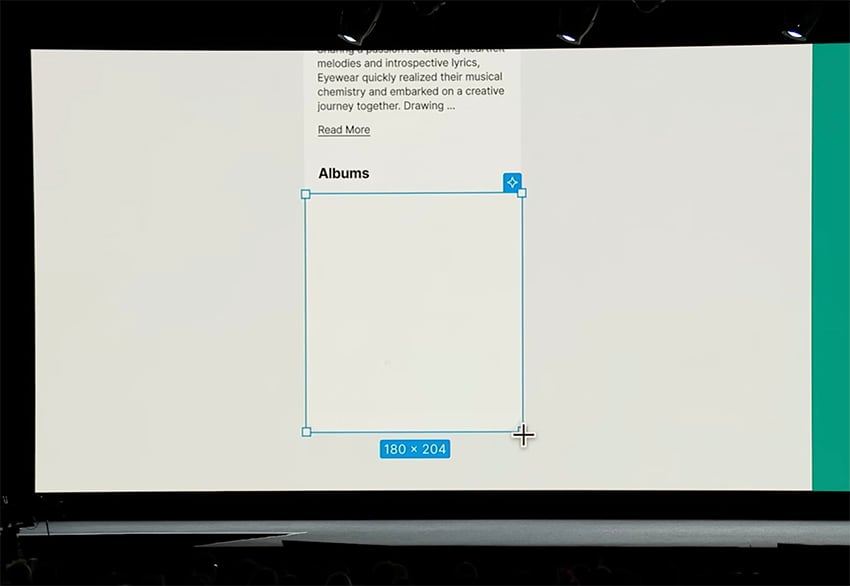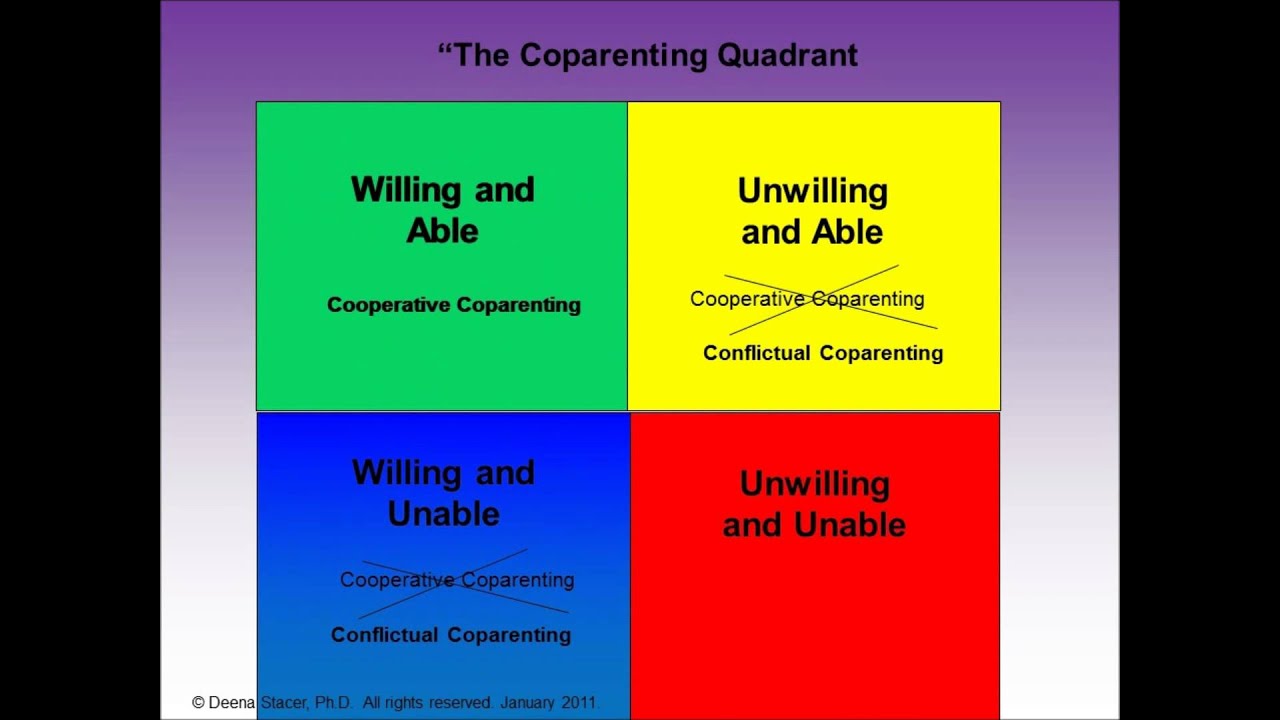How Figma's AI Is Disrupting The Design Landscape

Table of Contents
Enhanced Design Capabilities with Figma AI
Figma AI is not just a helpful addition; it's a game-changer for design efficiency and creativity. Its AI features significantly enhance the design process, impacting both the speed and quality of output.
Automated Design Tasks
Figma's AI automates many tedious and repetitive tasks, freeing up designers to concentrate on the more strategic and creative aspects of their work. This translates to significant time savings and a reduction in the risk of human error.
- Automating Repetitive Tasks: Imagine effortlessly resizing images across multiple artboards, generating numerous design variations with a single click, or receiving AI-powered suggestions to improve your layout based on established design best practices. This is the reality of using Figma AI.
- Improved Workflow Efficiency: The automation of repetitive tasks directly leads to faster project turnaround times, allowing designers to handle more projects or dedicate more time to complex design challenges. Faster iterations also mean quicker client feedback cycles and faster project completion.
- Reduced Human Error: By automating tasks prone to human error, like consistent image resizing or applying brand guidelines, Figma AI guarantees consistency across all design assets. This ensures a higher level of quality and professionalism in the final product.
AI-Powered Design Suggestions
Beyond automation, Figma AI provides intelligent design suggestions to elevate the quality and effectiveness of your work. It acts as a virtual design partner, offering real-time feedback and guidance.
- Real-time Feedback and Improvement Suggestions: Figma AI analyzes your designs and offers suggestions on how to improve accessibility, usability, and visual appeal. It points out potential issues you might have missed, ensuring a higher-quality end product.
- Personalized Design Suggestions: The AI learns your preferences and working style over time, tailoring its suggestions to your specific needs and design sensibilities. This personalization makes the feedback more relevant and valuable.
- Exploring Design Options: Figma AI helps you quickly explore different design options and variations, saving you valuable time and effort in the experimentation phase of design. This accelerates the ideation process and leads to more innovative solutions.
Accessibility and Inclusivity Features Powered by Figma AI
Figma's commitment to accessibility is evident in its AI-powered features that promote inclusive design practices. These tools help ensure that designs are usable and enjoyable for everyone, regardless of their abilities.
Improved Accessibility Checks
Creating accessible designs is crucial, and Figma AI makes it easier than ever. The AI performs automatic accessibility checks, identifying potential issues and suggesting improvements.
- Automatic Detection of Accessibility Issues: Figma AI automatically detects common accessibility problems, such as insufficient color contrast ratios, missing alt text for images, and inadequate keyboard navigation.
- WCAG Guideline Adherence: The suggestions provided by Figma AI align with Web Content Accessibility Guidelines (WCAG), ensuring your designs meet industry standards for accessibility.
- Promoting Inclusive Design: By actively promoting and facilitating the creation of accessible designs, Figma AI helps create more inclusive digital experiences for a wider audience.
AI-driven Localization and Internationalization
Figma AI simplifies the process of creating designs for a global audience, making it easier to adapt designs for different languages and cultures.
- Automated Text Translation: Figma AI can automatically translate text within your designs, saving you significant time and effort when creating multilingual versions of your products.
- Cultural Context Adaptation: While translation is important, Figma AI also helps consider cultural nuances and preferences to ensure your designs resonate with diverse audiences globally.
- Streamlining Multilingual Design: The AI streamlines the process of creating multiple language versions of your designs, ensuring consistency and accuracy across all translations.
Figma AI and the Future of Design Collaboration
Figma AI isn't just about individual productivity; it's transforming the way design teams collaborate and work together.
Enhanced Collaboration Tools
Figma AI enhances team workflows and communication, improving the overall efficiency and quality of collaborative design projects.
- Improved Version Control and Design Handoff: AI streamlines version control and the handoff process to developers, reducing errors and improving communication.
- AI-Powered Design Reviews and Feedback: Figma AI facilitates more effective design reviews by highlighting areas needing improvement and providing targeted feedback.
- Seamless Collaboration: The AI features enable seamless collaboration for design teams, regardless of their geographical location, enhancing communication and efficiency.
Democratizing Design
Figma AI is making design more accessible to a wider audience, empowering individuals and businesses to create professional designs without extensive design training.
- User-Friendly Interfaces: The AI-powered features are integrated seamlessly into Figma's user-friendly interface, making them accessible to users of all skill levels.
- AI-Powered Assistance for Beginners: The AI acts as a virtual tutor, guiding beginners through the design process and offering helpful suggestions.
- Empowering Non-Designers: Figma AI empowers individuals and businesses without dedicated design teams to create high-quality designs, democratizing the design process.
Conclusion
Figma's integration of AI is undeniably disrupting the design landscape, offering significant improvements in efficiency, accessibility, and collaboration. By automating repetitive tasks, providing intelligent design suggestions, and enhancing accessibility features, Figma AI is empowering designers to create better products faster. The future of design is intertwined with AI, and Figma is leading the way. To explore the transformative power of Figma AI and enhance your design workflows, start exploring Figma's AI features today. Embrace the future of design with Figma AI and unlock its full potential.

Featured Posts
-
 Young Thugs Uy Scuti Album When Is It Dropping
May 09, 2025
Young Thugs Uy Scuti Album When Is It Dropping
May 09, 2025 -
 Daycare Debate Psychologist Sparks Outrage With Viral Podcast Claims
May 09, 2025
Daycare Debate Psychologist Sparks Outrage With Viral Podcast Claims
May 09, 2025 -
 Trumps Imminent Trade Deal Announcement With Britain What To Expect
May 09, 2025
Trumps Imminent Trade Deal Announcement With Britain What To Expect
May 09, 2025 -
 Celtics Coach On Jayson Tatum Wrist Injury Update
May 09, 2025
Celtics Coach On Jayson Tatum Wrist Injury Update
May 09, 2025 -
 King Pro Maska Ta Trampa Zrada Chi Politichna Zayava
May 09, 2025
King Pro Maska Ta Trampa Zrada Chi Politichna Zayava
May 09, 2025
Latest Posts
-
 Analiz Ostannikh Zayav Stivena Kinga Pro Trampa Ta Maska
May 09, 2025
Analiz Ostannikh Zayav Stivena Kinga Pro Trampa Ta Maska
May 09, 2025 -
 Aktualni Zayavi Stivena Kinga Pro Trampa Ta Maska
May 09, 2025
Aktualni Zayavi Stivena Kinga Pro Trampa Ta Maska
May 09, 2025 -
 4 Bold Randall Flagg Theories That Reshape Your Understanding Of Stephen Kings Novels
May 09, 2025
4 Bold Randall Flagg Theories That Reshape Your Understanding Of Stephen Kings Novels
May 09, 2025 -
 Rethinking Stephen King 4 Unconventional Randall Flagg Theories
May 09, 2025
Rethinking Stephen King 4 Unconventional Randall Flagg Theories
May 09, 2025 -
 Povernennya Kinga Zayavi Pro Politiku Ta Trampa Z Maskom
May 09, 2025
Povernennya Kinga Zayavi Pro Politiku Ta Trampa Z Maskom
May 09, 2025
